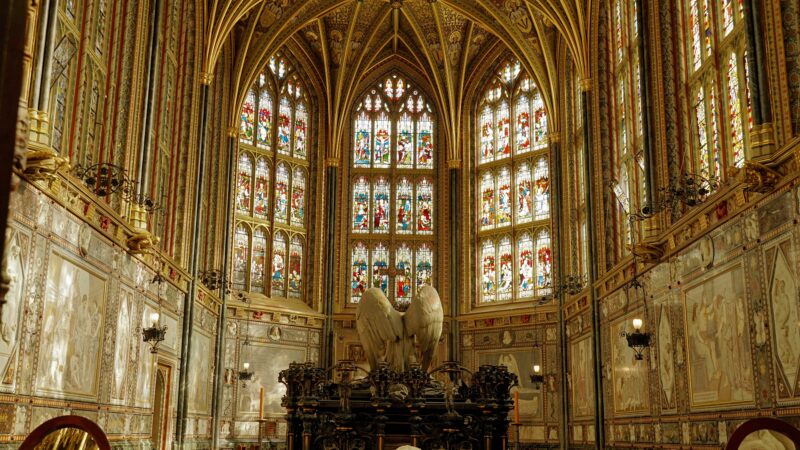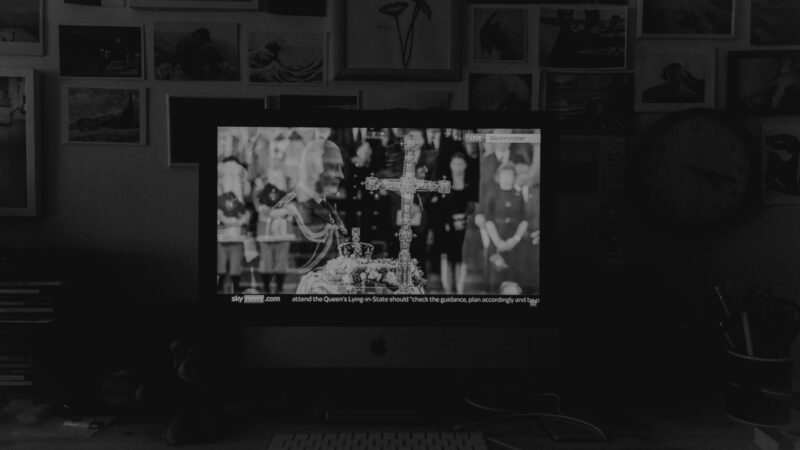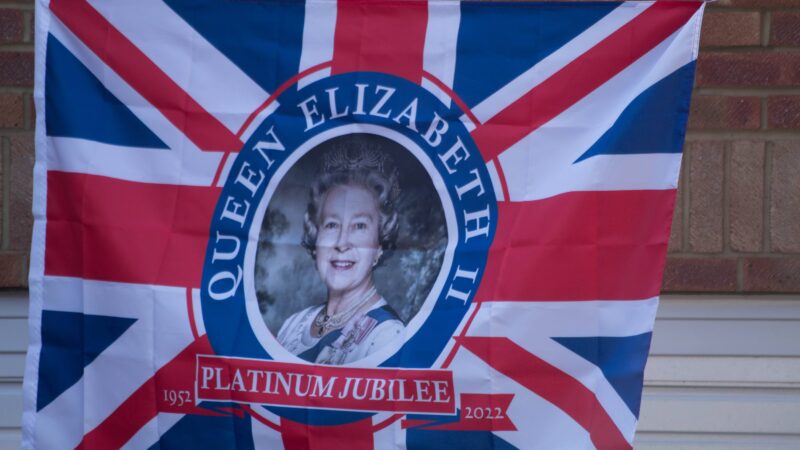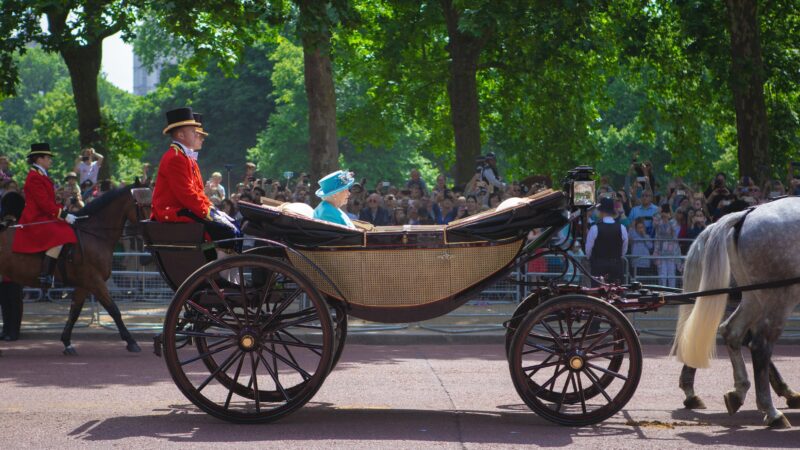This Great Stage of Fools: Thoughts on the Church of England
There was a time not very long ago when I wanted to become an Anglican priest. I thought I had discovered my vocation; it filled me with hope for the future. Now, however, I cannot think of a more unattractive prospect.
I was warned. At a book signing a couple of years ago, a non-stipendiary priest looked at me and said that the Church of England would eat me up. Another priest expressed such a lack of enthusiasm for his role that he might as well have told me to convert to atheism. I could hardly gainsay them. It wasn’t my place to claim that I would have been a moral, spiritual or intellectual asset to the Anglican fold – though, admittedly, I did wish to ape those clever, eccentric country parsons who so enriched the culture. As Bill Bryson wrote in his book Home:
“Never in history have a group of people engaged in a broader range of creditable activities for which they were not in any sense actually employed.”
The first history of dirty jokes, the Jack Russell terrier, Bayes’ Theorem, the power loom, Tristram Shandy, and even the submarine were all products of bored clergymen.
Of course, to believe that today’s Church of England resembled yesterday’s was my own, rose-tinted failing. Deep down, I knew it had changed almost beyond recognition. But change is inevitable – and often salutary. I could perhaps have embraced the 21st century Church of England. Unfortunately, I doubt it would embrace me. Its recent “yeeting” (to use the scientific term) of Calvin Robinson alerted me to just how far the Church has fallen. Robinson’s politics comport with my own as do his convictions: pride is a sin, marriage is between a man and a woman, and the Gospel is rather more significant than an imported racial ideology, of which Black Lives Matter is the conduit. Robinson’s treatment showed that the Church of England’s hierarchy is committing slow-motion idolatry.
When Robinson rails against what has happened to him, I have no doubt that he speaks for many, if not the majority, of churchgoers, who all but despair of what has happened to our national Church. But Robinson has a platform. We hear less often from young Anglicans, for whom the Church’s every statement seems designed to cater. Thus we get mini-golf courses and helter-skelters in our cathedrals, pride and NHS flags draped over our altars, and statements to the effect that the Church is racist but you should join it anyway. My own local church recently played host to a rock concert, for which the altar was whisked embarrassedly out of sight. Would a mosque tolerate such a thing? No, and nor should it. And of course, the Church hierarchy announced only a couple of weeks ago that they, too, couldn’t make heads or tails of what a woman was – undoing centuries of dogma and theology, not to mention insulting women.
It would be remiss of me to claim to be able to speak on behalf of all young Anglicans, especially given my continuing attraction to both Rome and Constantinople. But, after years of contact with other young Anglicans, I am confident that what I have to say now would attract something close to a consensus. So, Mr Welby, if you’re listening (which I suspect you’re not): we don’t want what you’re offering. We want heaven and hell. We want angels, powers and principalities. We want prayer, orthodoxy and conviction. We want good and evil, right and wrong. Above all, we want Christ. Your generation – the children of the 1960s – became enamoured by the secular. You think that heaven on earth is possible, if only we join the right causes and shun the wrong politic – you have surrendered to the world. But the Kingdom is not of this world. As T.S. wrote in Thoughts After Lambeth:
“Thought, study, mortification, sacrifice: it is such notions as these that should be impressed upon the young—who differ from the young of other times merely in having a different middle-aged generation behind them. You will never attract the young by making Christianity easy; but a good many can be attracted by finding it difficult: difficult both to the disorderly mind and to the unruly passions.”
If this truth isn’t soon heeded, I fear that the Church of England will be all but extinct in a decade or two. It will linger on in London and Birmingham, perhaps, where immigrant Christians still take seriously what the English do not. But it will no longer be the spiritual organ of the nation. Possibly the Catholic Church will fill the vacuum. Who knows?
I say all this as someone who is, technically, a member of the newly established religion: LGBT. It is said to be a community, though I’ve never seen it except when it rears its sponsored head to bully some poor recalcitrant for saying the wrong thing about gay marriage. Exactly this was what happened in my town last year. A Christian councilman said to some committee or other that, while he supported the right of gay people to live happy lives, he could not condone gay marriage. It has become a cliche to compare cancel culture to witch hunts, for good reason but the councilman was subjected to weeks of bullying and the foulest of threats and insults all, of course, in the name of tolerance and compassion. It upset me that the local Anglican church did nothing to snuff the flames – and may even have wished secretly to fan them.
There is, I believe, a ground swell of small-o orthodoxy among the young. New atheism (of which I was a devotee) proved insufficient in answering our moral, spiritual and intellectual needs. Many of us turned to God, whatever our politics. But if we were conservative, we naturally sought sustenance in the Church of England. I cannot be alone in saying that to find it so debased has been one of the great sadnesses of my early life. As Lear says, “we cry that we are come to this great stage of fools”.










Why The Tories Should Be Afraid of the Australian Labor Party’s Victory
The Australian Labor Party’s victory in Australia marks the end of almost a decade of Liberal Party rule. Indeed, the Liberal Party bears many similarities and its philosophy and ideology derived from the Conservative Party in their mother country. Having just scraped a majority in 2019, Scott Morrison has led the Liberal Party to its worst defeat since 1944. This claim however isn’t based on losing government but more critically losing its affluent seats like Goldstein, Higgins, North Sydney, Mackeller and former Prime Minister Tony Abbott’s seat of Warringah failing to be won by the Liberals again. But with the shock victory of independent Dr Monique Ryan in Kooyong suggests a worrying foreshadowing of what is yet to come in Britain.
Poor Leadership, Good Results
Firstly, the presumptive narrative that ‘Keir Starmer is an awful leader, so we’ll get back in’ is to be questioned due to the Australian election. Net satisfaction with Labor leader Anthony Albanese’s performance fell to a record low of minus 14 per cent – the worst for an opposition leader since Bill Shorten – just in mid-April. Starmer too shares an abysmal rating with 53 per cent of respondents to a YouGov poll in April judging him to be ‘doing badly’ as Labour leader in Britain. Nevertheless, with a shared cost of living crisis due to high inflation and rampant house price increases, both conservative parties have failed on their perceived core mission of safeguarding the economy.
The Wavering Middle-Classes
May’s local election results in the UK display signs of dissatisfaction with the current Tory government. The Liberal Democrats (not to be confused with the Australian Liberal Party) exploited the dissatisfaction among middle-class Tory voters in historically safe Tory areas. Australian Labor too exploited this dissatisfaction with middle-class Liberal voters. Being dubbed the ‘teal independents’, predominantly female, middle-class, wealthy, small-l liberal and climate-conscious candidates swept through solid Liberal seats. Teal itself being a mixture of green and blue (the Liberal Party’s colour) displays similarities with NIMBY-minded candidates in solid Tory wards during the UK May election. England’s results saw a net increase of 194 councillors for the Lib Dems and 63 for the Green Party with Labour seeing an increase of only 22 councillors at the expense of a loss of over 336 councillors for the Tories.
Forget the ‘Red Wall’ concept in Britain and in Australia, the Tory Party and the Liberal Party are seeing their core base desert them before their very eyes.
Repercussions for Australia and Dangers for Britain
Republicanism is strong in Australia and the return of the Labor Party with outspoken republican Albanese at the helm, coupled with the culture war heating up over trans rights during the election, this presents danger to the future of the monarchy in Australia once again. For Britain, the story is already well understood since Blair that a Labour government (no matter how appealing to traditional middle-class Conservative voters) will irrevocably vandalise the British constitution once more.
One key lesson learned from this election is that it is a massive challenge to hold onto the prosperous middle classes (which are a core rightist constituency) without compromising on conservative social values. Values of ambition and enterprise have been consistently championed by each Tory government since around the 1860s, yet this current Tory government is the first to not encourage – or even boldly talk – about these values. To fight the culture war without a sound handling of the economy risks losing both to left wing manipulation and thus conservatives are once again in opposition dominated by a left-wing hegemony in economy and culture.
The implication of defending traditional values by the Liberal Party and – supposedly – by the Tory Party without the confidence of the middle-classes on the economy is to pave the way for a leftist victory. Due to the shared Anglo traditions of parliamentary sovereignty, this leaves Australia’s institutions open to vandalism and destruction.
Conclusion
With the end of almost a decade of Liberal rule in Australia marks the beginning of a new era of Labor government. The recriminations inside the Liberal-National Coalition will begin as the moderates seek to flex their dwindling muscle to make the case that the 2022 electoral strategy of chasing ‘Red Wall’ voters cost them their heartlands. Right wing Liberals who protested Scott Morrison’s party by voting for the United Australia Party or Pauline Hanson’s One Nation may return home, but this election has marked the end of solid conservative dominance in Australia.
The Conservative Party in Britain should be worrying. The long-held belief that the Tories will stay in government due to Labour being unable to produce a competent-enough leader has been proven wrong. Ineptitude in optics over Partygate and 40-year high inflation (the highest among G7 countries, currently) is cutting away the Tory Party’s electoral backbone. Forget the insipid ping-pong of which party leaders held illegal gatherings during lockdown and focus on the disastrous state of the economy. If the awful May local election results weren’t a warning of what is yet to come for the Tories, this Australian election result should scare the Tories to death beyond the years of Brexit.
Image Credit